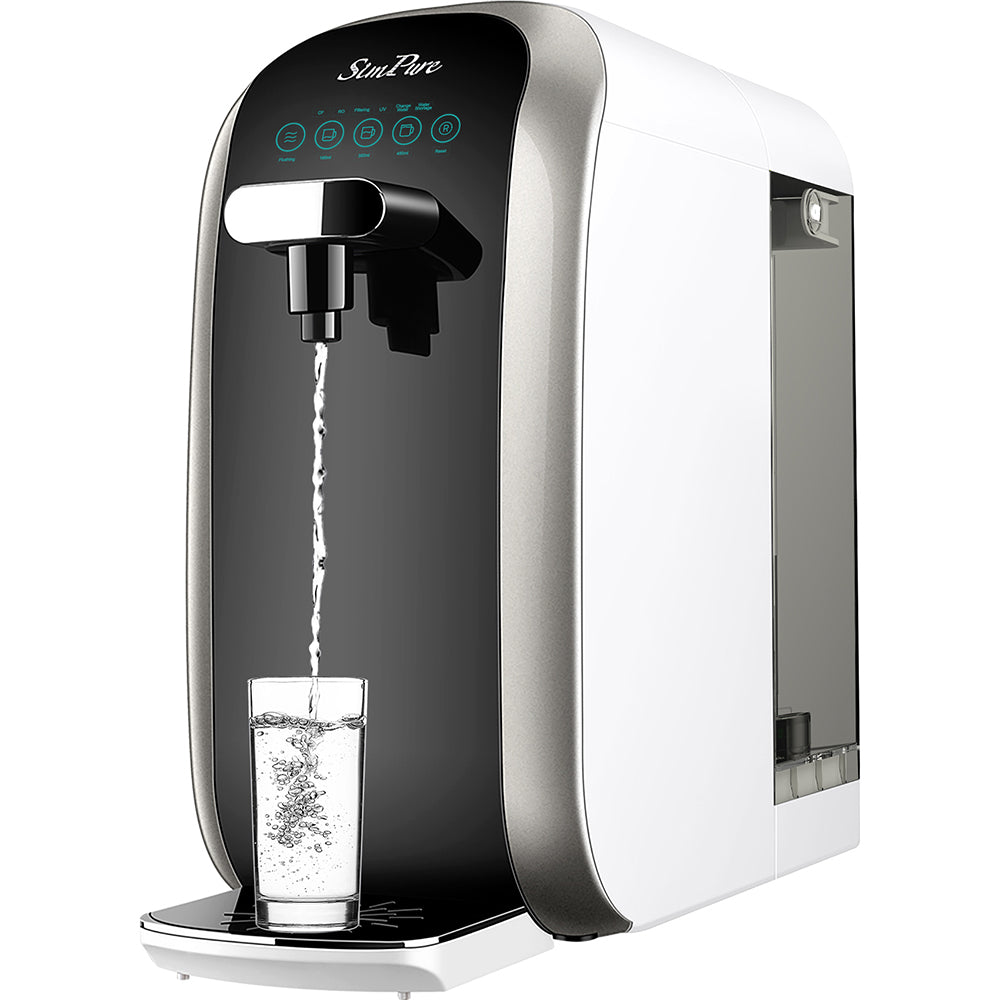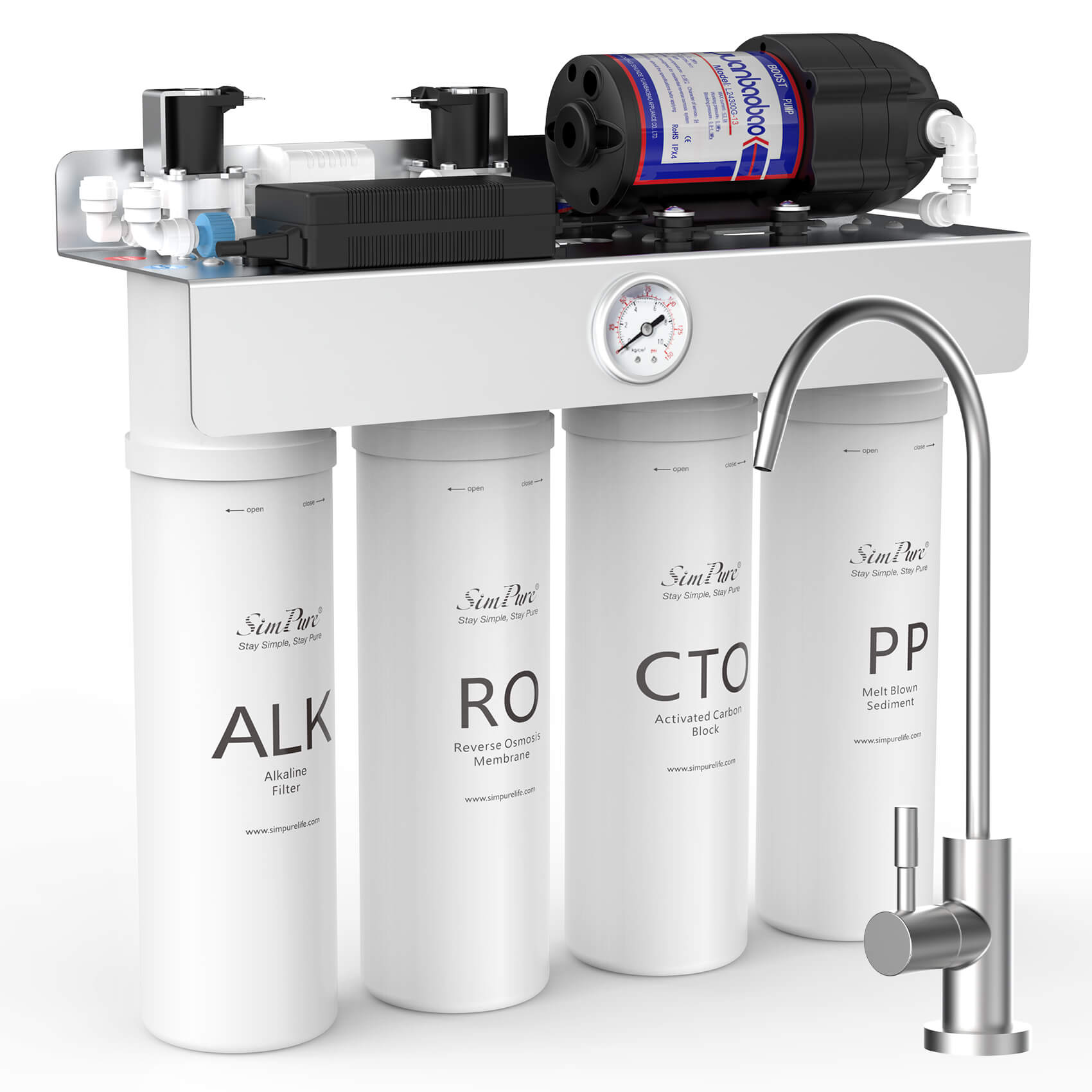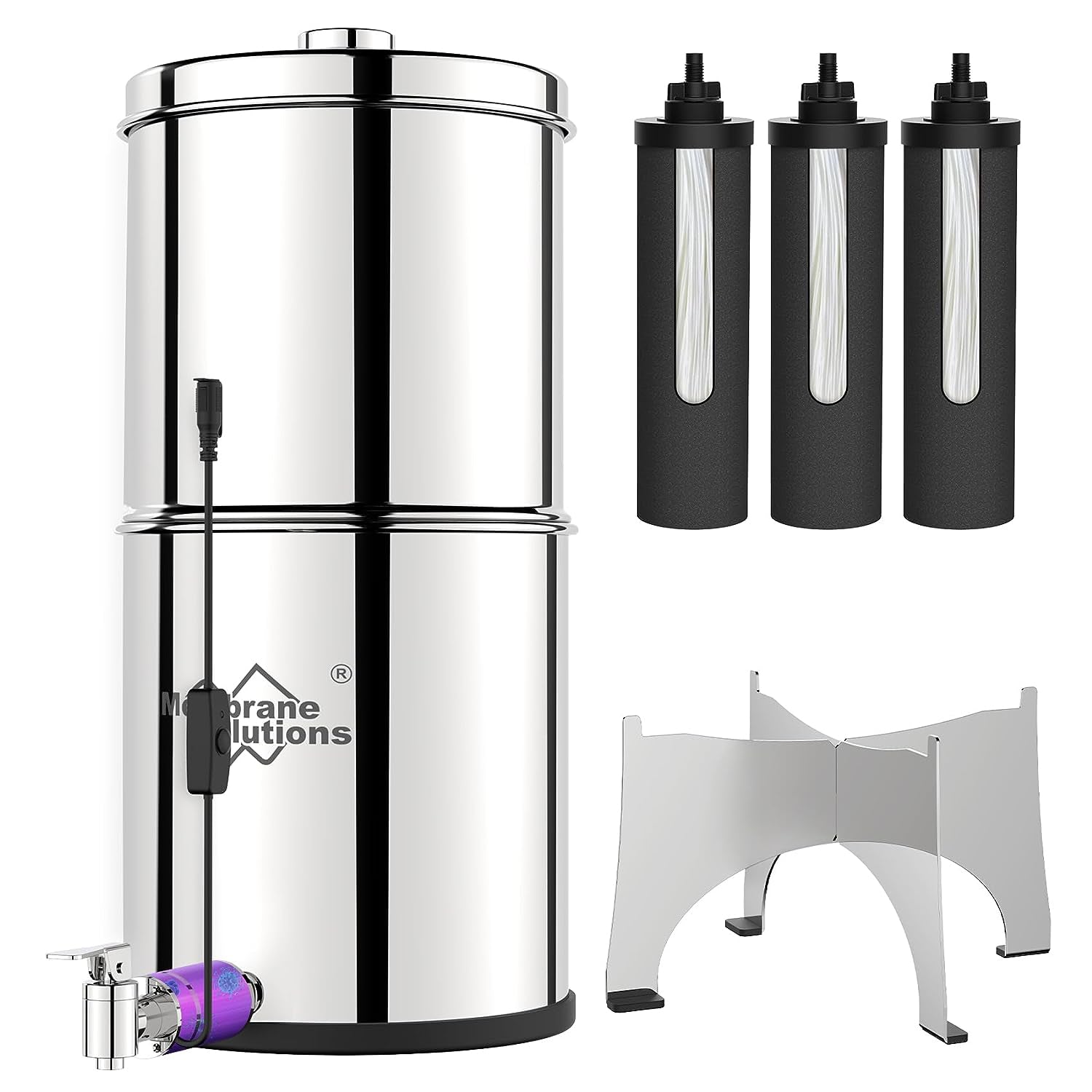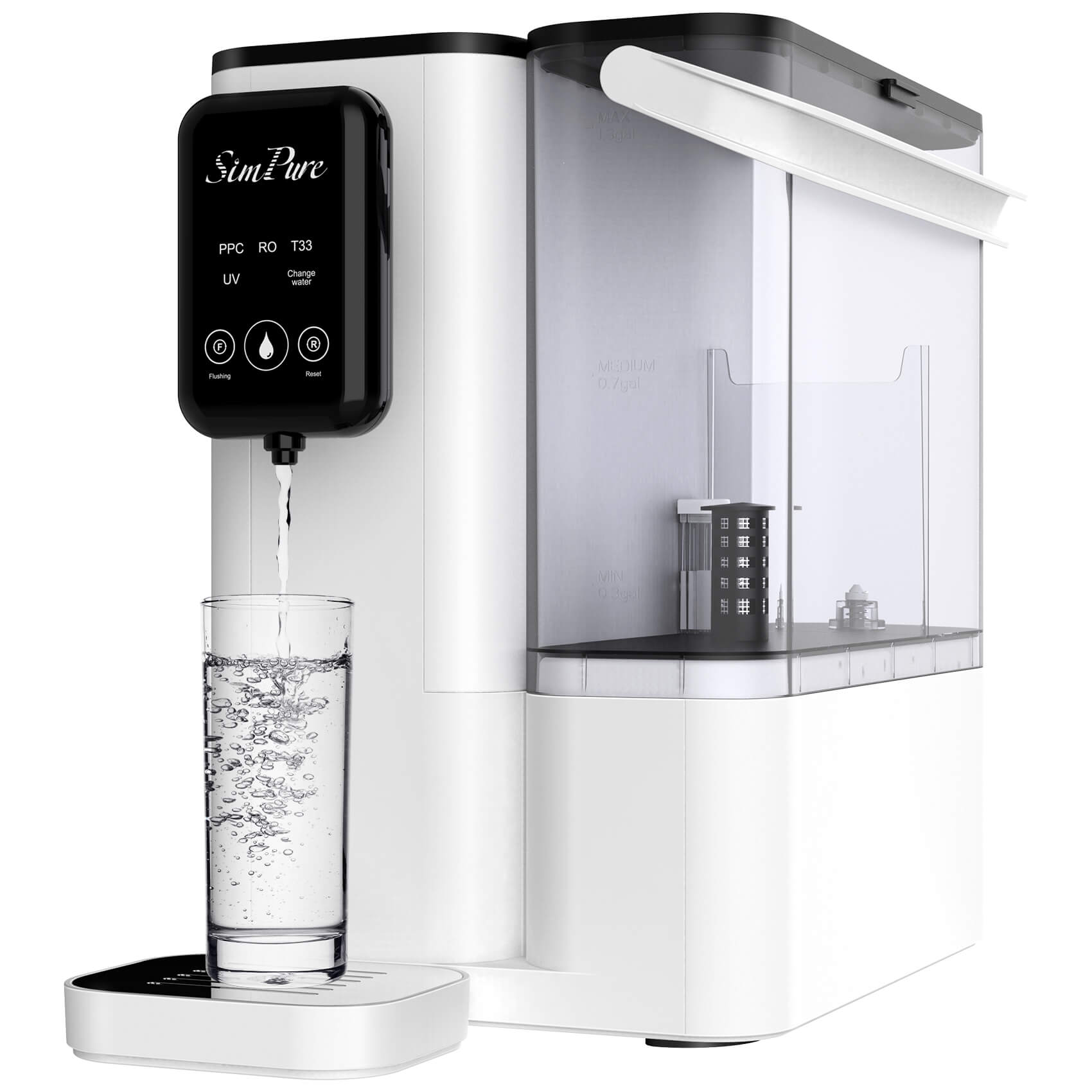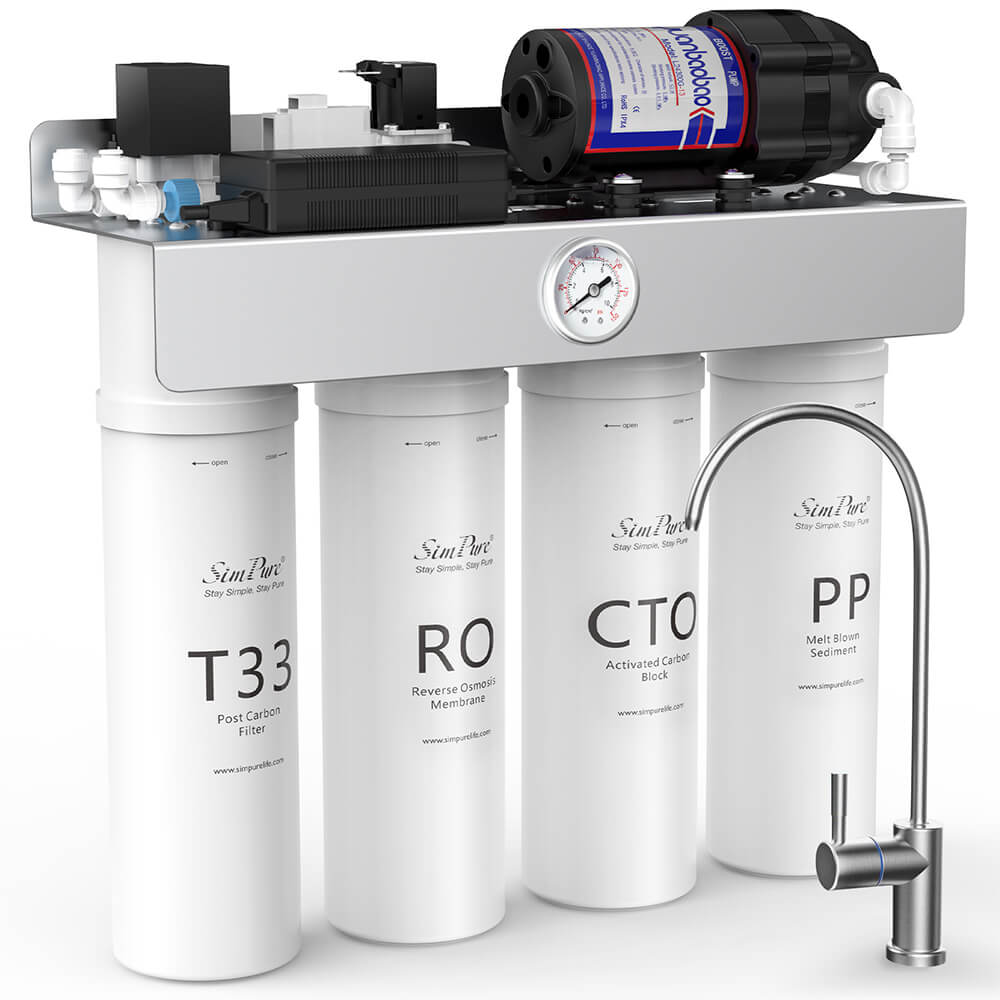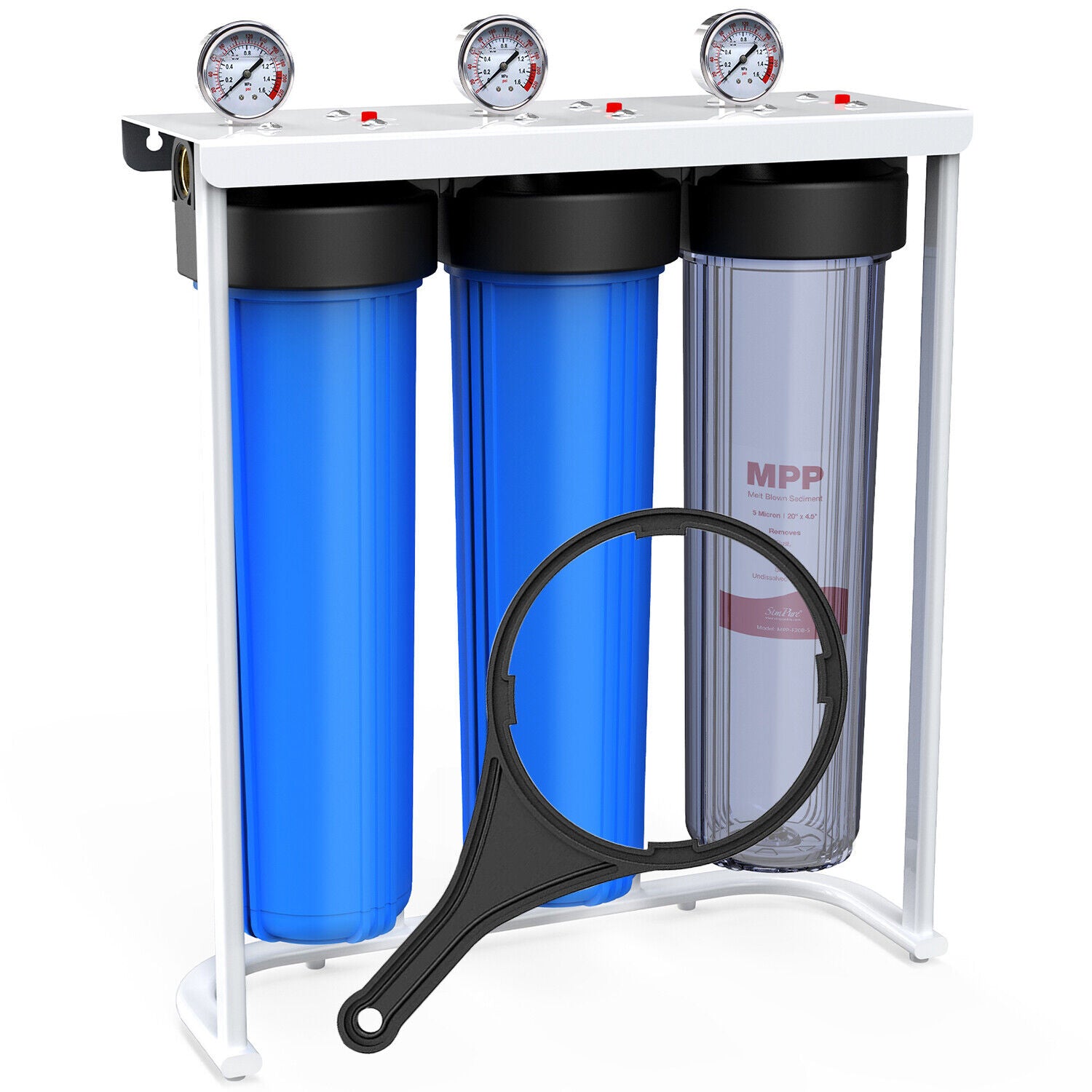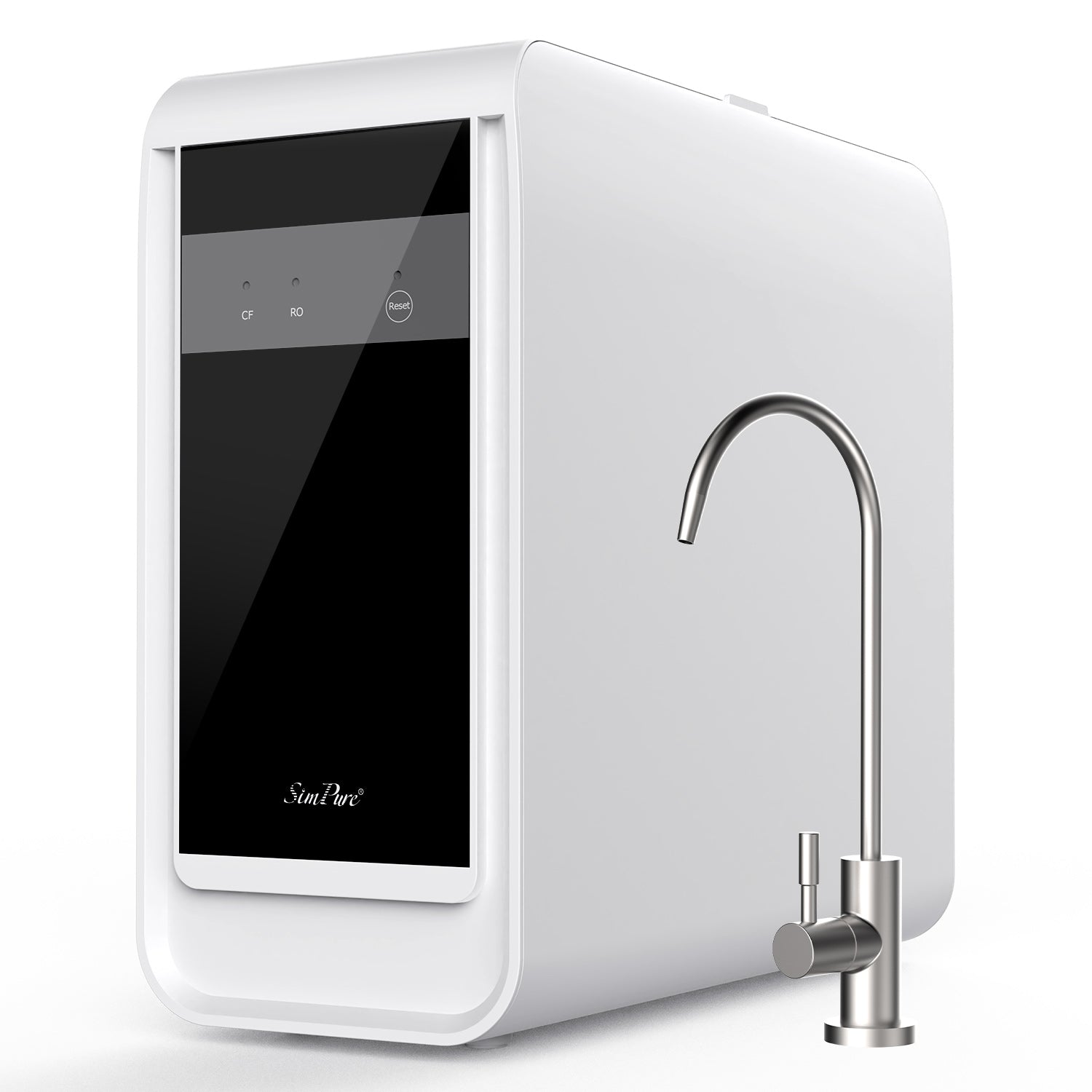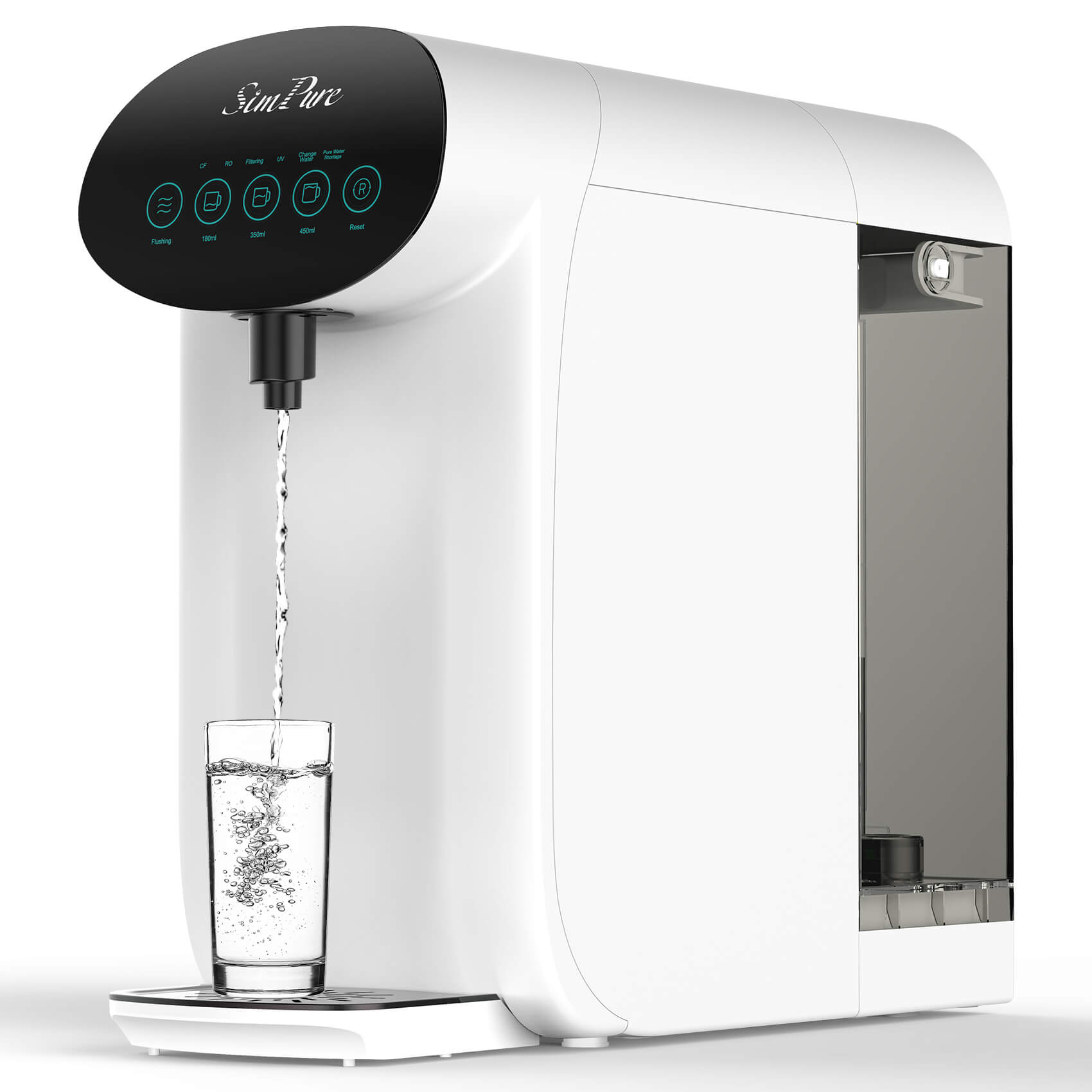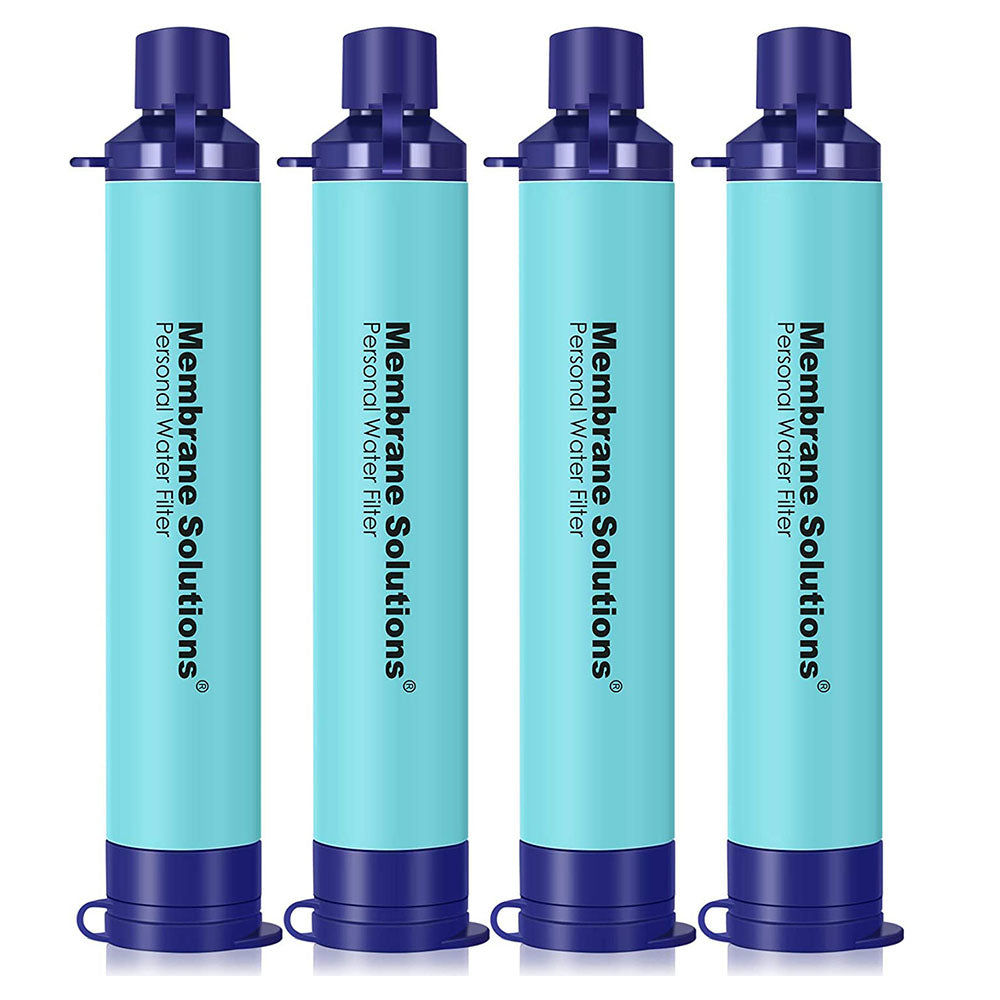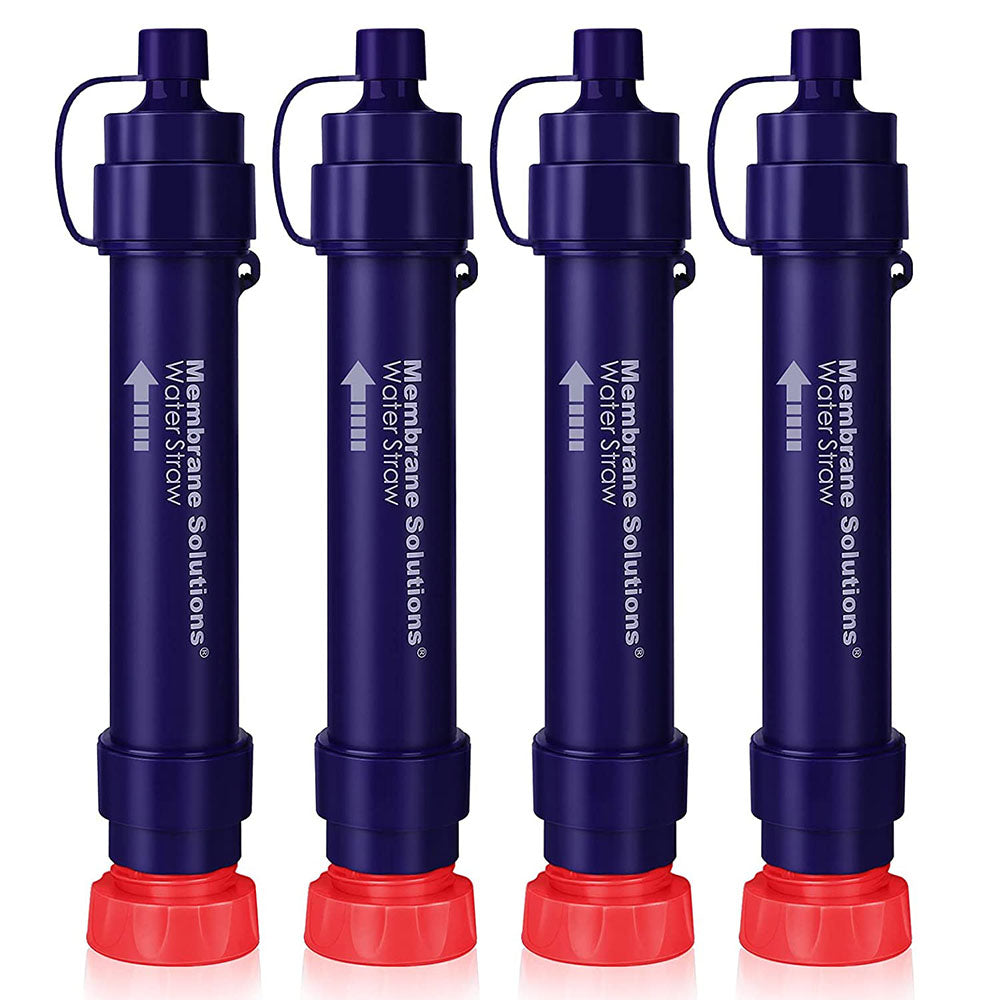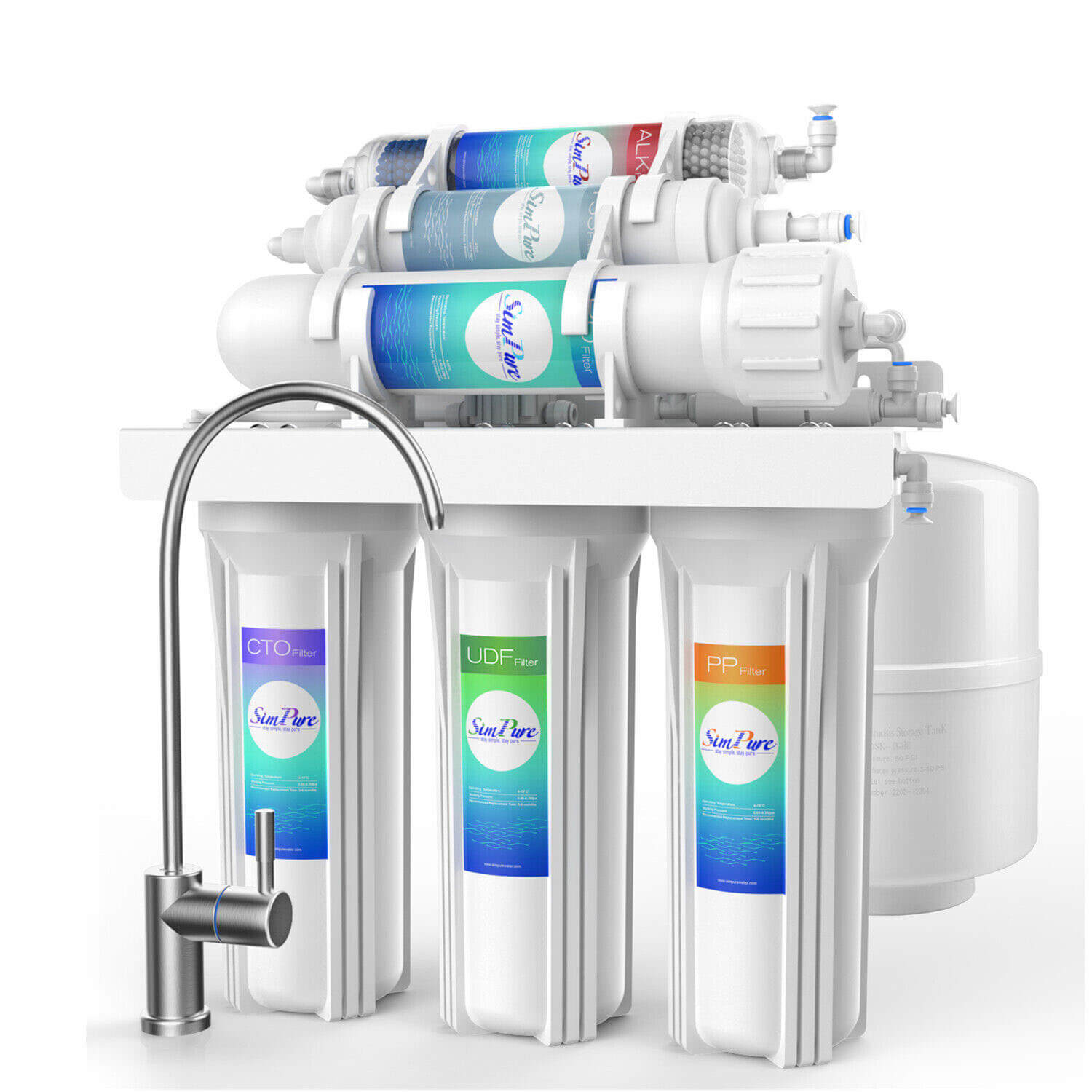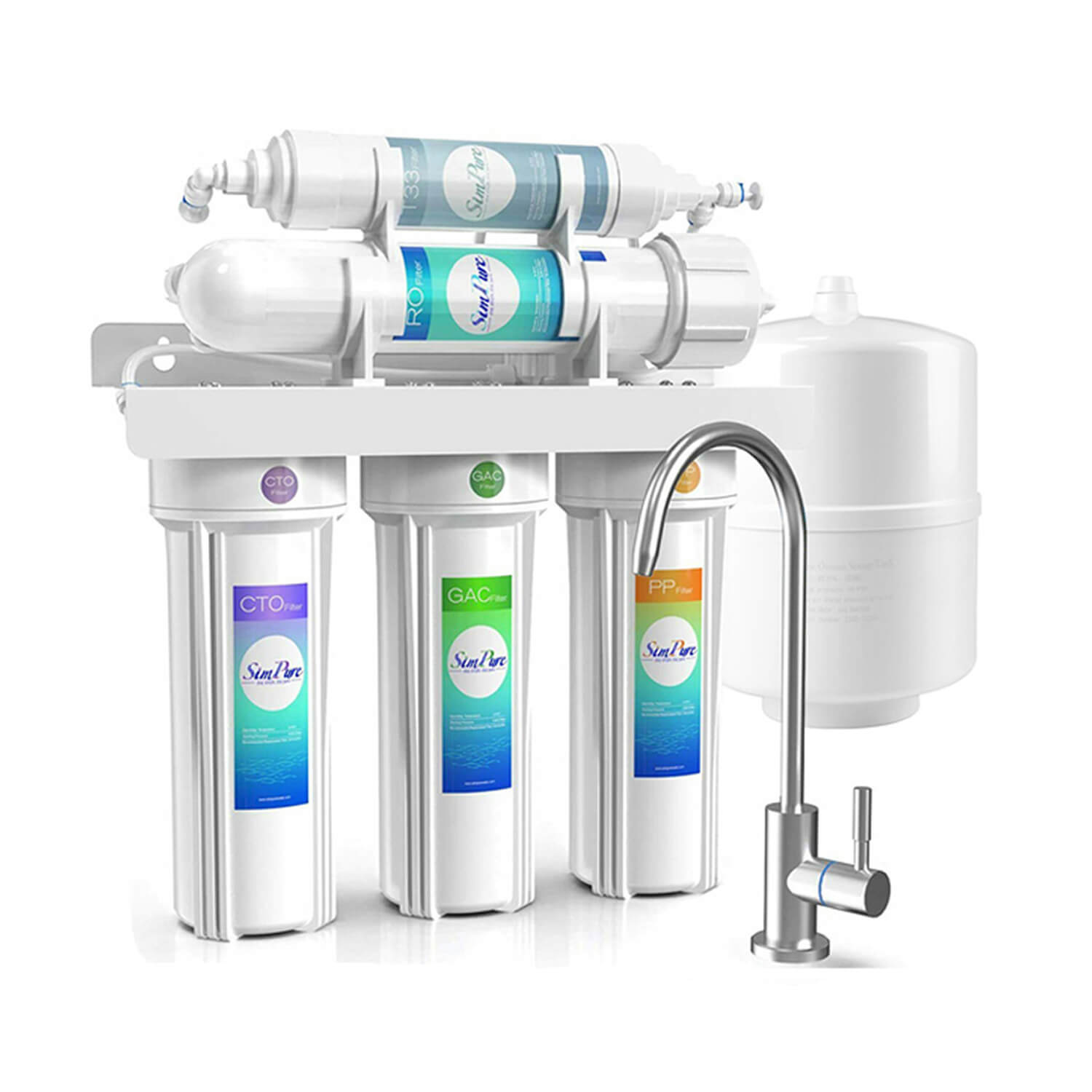Are you tired of dealing with dry skin, soap scum, and plumbing damage caused by hard water? Or maybe you're just curious about the difference between hard water and soft water. In this post, we'll explain hard water vs soft water, compare the difference between hard and soft water, and tell you why soft water is the better option. What's more, we'll share some tips on how to get rid of hard water and enjoy the benefits of soft water at home!
Explanation of What is Hard vs Soft Water
Before we delve into the difference between hard water vs soft water, let's first define what each of these terms means.

1. What is Hard Water?
Hard water is water that contains high levels of dissolved minerals, primarily calcium and magnesium. These minerals accumulate in the water due to natural geological processes, such as the water passing through limestone or chalk deposits. Signs of hard water include dry skin, acne from hard water, soap scum, and scale buildup in appliances, pipes, and fixtures, which can lead to reduced efficiency and costly repairs.
2. What is Soft Water?
Soft water is water that has been treated to remove or reduce the concentration of minerals, such as calcium and magnesium. This is achieved through processes like ion exchange or reverse osmosis. Benefits of soft water include improved lather and cleaning ability of soap, reduced mineral buildup in appliances, and softer-feeling skin and hair. Learn more detailed info in this blog: What is soft water.
6 Main Differences Between Hard Water and Soft Water
So What is the difference between hard and soft water? With a clear understanding of hard vs soft water, we can now move on to the specific 6 differences between hard and soft water to solve your doubts about hard water vs soft water how to tell.
1. Mineral Content: High vs Low
How is hard water different from soft water? The primary difference between hard vs soft water is the mineral content. Hard water has a high concentration of minerals, such as calcium and magnesium, which can accumulate in pipes, fixtures, and appliances, leading to reduced efficiency and costly repairs. In contrast, soft water has a low mineral content because the minerals have been removed or reduced through a water-softening process.
2. Soap Lather: Less vs More
One key difference between hard water vs soft water is their effect on soap lather. Hard water's high mineral content interferes with soap's ability to create lather, resulting in less suds and reduced cleaning effectiveness. In contrast, soft water's low mineral content allows the soap to lather more easily, leading to more effective cleaning and better results in personal hygiene and household cleaning tasks.
3. Plumbing Damage: More vs Less
Hard water can cause more damage to plumbing when we compare hard vs soft water. The high concentration of minerals in hard water can lead to the buildup of limescale and other mineral deposits in pipes and fixtures, causing clogs and reduced water flow. Soft water, on the other hand, does not leave such deposits and is less likely to cause damage to plumbing over time.
4. Appliance Efficiency: Reduced vs Improved
How does hard water differ from soft water? Another difference of hard versus soft water is their influence on appliance efficiency. Hard water can cause mineral buildup in appliances such as washing machines, dishwashers, and water heaters, leading to reduced efficiency and shorter lifespans. Soft water, on the other hand, prevents mineral buildup, allowing appliances to function optimally and last longer. This can save money on repairs and replacements, as well as improve overall energy efficiency.
5. Skin & Hair: Dry/Irritated vs Soft/Smooth
Hard water vs soft water skin: Is hard water or soft water better for your skin? Of course soft water is better for your skin. The mineral content in hard water can leave a residue on the skin and hair and eyes red after shower, making it feel dry and irritated. Soft water, on the other hand, can help to keep skin and hair moisturized and feeling soft and smooth. This is because soft water doesn't contain the same mineral buildup that can cause dryness and irritation. So this aspect is also a main difference of how to tell hard water vs soft water.
6. Taste: Bitter or Metallic vs Clean and Refreshing
The last notable difference between hard and soft water is their taste. Does hard water taste better than soft? No, hard water can have a bitter or metallic taste due to its high mineral content, while soft water has a clean and refreshing taste. This is particularly noticeable when drinking water directly from the tap, and can also affect the taste of tea, coffee, and other beverages.
Hard Water vs. Soft Water: Is Hard Water or Soft Water Better?
What's better hard or soft water? When it comes to hard water vs soft water, soft water is generally considered to be the better option. So why is soft water better than hard water? This is because soft water has been treated to remove or reduce the minerals that cause hardness, such as calcium and magnesium. These minerals can cause a range of problems, such as dry skin and hair, soap scum buildup, and reduced appliance efficiency.
In contrast, soft water provides a range of benefits. For example, it can help to keep skin and hair moisturized, prevent soap scum buildup, and improve the efficiency of appliances like dishwashers and washing machines. Additionally, soft water tends to have a more pleasant taste and smell.
If you're trying to decide which is better hard water or soft water, soft water is the better choice for a range of reasons, including improved health and hygiene, reduced maintenance costs, and increased overall comfort.
So How to Get Rid of Hard Water and Get Soft Water at Home?
Now that we get a clear answer Yes to the question is soft water better than hard water, you may be wondering how to make the switch from hard water to soft water. One effective method is to install a water filter, which can reduce TDS level and remove the minerals that cause hardness from the water.
There are several types of water filters available, including reverse osmosis systems and ion exchange filters. Reverse osmosis systems use a membrane to remove minerals from the water, while ion exchange filters replace calcium and magnesium ions with sodium ions.
Another way to get rid of hard water is to use a water softener, which uses a resin bed to remove minerals from the water. Additionally, you can try adding a water conditioner or using a vinegar rinse to reduce the buildup of minerals on surfaces like sinks and faucets.
In conclusion, the differences between hard and soft water are significant, and the impact on our health, hygiene, and home appliances cannot be ignored. While hard water may be more common in some areas, it's clear that soft water is the better option when we make a choice between hard water vs soft water. By taking steps to get rid of hard water and switch to soft water, you can enjoy many benefits, from softer skin and hair to longer-lasting appliances. Don't hesitate to invest in best water filter for hard water or softener to improve your water quality and your quality of life.



